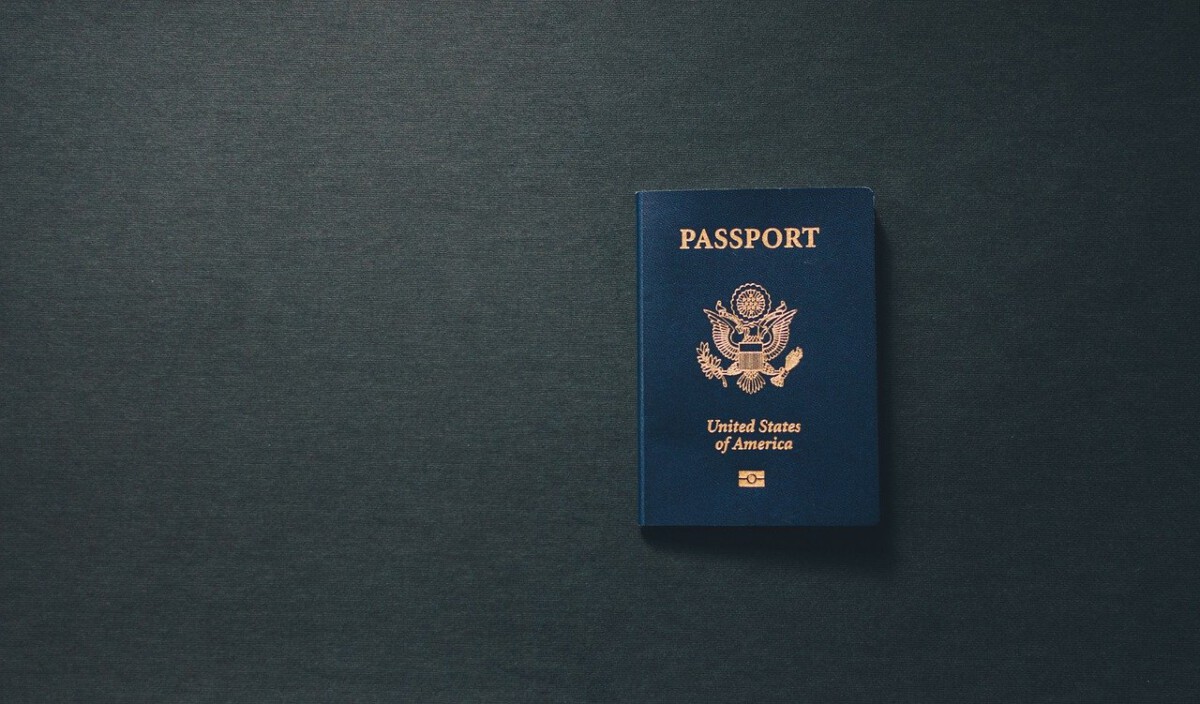Overview of Recent U.S. Passport Changes

Imagine planning your dream cruise, only to realize your passport might not arrive in time. This is becoming a new reality for many Americans as the U.S. Department of State has made significant changes to passport processing. Since October 2023, the average processing time for standard passport applications has jumped to 10-12 weeks, a noticeable increase from the previous 6-8 week window. Expedited service, which once could be relied upon for a quick turnaround, now takes 5-7 weeks. These delays stem from a surge in travel demand and a backlog of applications, with the department handling an estimated 18 million requests just in 2022. For cruise travelers, this means extra stress, more planning, and a very real risk of missing out if they don’t act early. The days of last-minute passport applications are over, making advance preparation more vital than ever.
Importance of Passport Validity for Cruises

It might seem like a small detail, but the validity of your passport can make or break your cruise plans. Most cruise lines enforce a strict rule: your passport must be valid for at least six months after your trip ends. This isn’t just a company policy — it’s a requirement from many countries you’ll visit. If your passport expires sooner, you could be denied boarding right at the port, turning your vacation into a costly disappointment. Picture booking a January cruise only to realize your passport expires in May — you’d be turned away because it doesn’t meet the July threshold. These rules aren’t just for international cruises either; even some “closed-loop” cruises from U.S. ports strongly recommend a valid passport in case of emergencies. Overlooking this can mean losing not just your trip, but also your hard-earned money.
The Impact of Passport Processing Delays

Passport processing delays are not just a minor inconvenience — they’re causing travelers to rethink their plans entirely. The State Department’s record-breaking 18 million applications in 2022 has overwhelmed the system, making lengthy waits the new norm. Families planning reunions, couples scheduling honeymoons, and retirees ticking off bucket-list cruises are all affected. Stories of travelers missing their departure because their new passport didn’t arrive in time are becoming more common. Some have been forced to cancel trips, losing non-refundable deposits and dealing with the heartbreak of shattered dreams. In the age of instant booking and last-minute deals, this slow-down is a painful reminder that some things can’t be rushed.
Alternatives for Last-Minute Travelers

Not everyone realizes their passport needs attention until it’s almost too late. For those in a bind, there are still a few lifelines. Certain regional passport agencies offer same-day or next-day service, but these appointments are limited and usually require proof of immediate international travel. Even then, travelers often need to show flight or cruise confirmations to qualify. Some cruise companies try to help by offering document assistance, but this comes at a price and is not always guaranteed. These options provide hope, but they’re not foolproof or widely accessible. For many, the only real solution remains applying as early as possible to avoid last-minute panic.
Changes in Travel Document Requirements

The world of cruise travel is now filled with more paperwork than ever before. Besides passports, many destinations and cruise lines are enforcing additional requirements. Proof of COVID-19 vaccination is still required for certain itineraries, with some countries demanding booster shots or updated vaccination records. A few destinations also require recent negative test results or detailed health declarations before boarding. These requirements can change with little notice, forcing travelers to stay alert and adaptable. What’s accepted for one cruise might not work for another, so double-checking every detail is more important than ever.
The Role of Travel Insurance

Travel insurance has quickly shifted from a “nice-to-have” to a “must-have” for cruise travelers. With passport delays, sudden cancellations, and unexpected medical needs all on the rise, insurance offers peace of mind against the unknown. In 2022, nearly half of all U.S. travelers — 48%, according to the U.S. Travel Insurance Association — bought coverage, a dramatic increase compared to pre-pandemic years. Good travel insurance not only covers trip interruptions but can also include help with lost or stolen passports, emergency medical care, and even coverage for COVID-19-related delays. For many, this small investment can save thousands in losses and untold stress.
The Rise of Digital Passports

The future of travel could look very different as the U.S. explores digital passports. These virtual documents, stored securely on smartphones, promise to speed up checkpoints and simplify the boarding process. The technology is still being tested, and full adoption may be years away, but excitement is building. Digital passports could mean fewer lost documents and faster recovery in case of theft. However, there are concerns about privacy, data security, and accessibility for travelers who aren’t tech-savvy. As the government pilots these new systems, cruise travelers will need to stay informed about what’s coming next and how it might affect their journeys.
The Importance of Early Planning

If there’s one lesson cruise travelers are learning, it’s that early planning isn’t just helpful — it’s essential. Experts now recommend applying for or renewing your passport at least six months before you set sail. This buffer gives plenty of time for processing, even if unexpected delays arise. Early planning also helps with meeting other documentation requirements, like visas or health records. Booking your cruise well in advance, checking passport expiration dates, and gathering all necessary paperwork can make the difference between a smooth vacation and a disaster. The peace of mind that comes with being prepared is priceless.
Cruise Line Policies on Passport Issues

Not all cruises are created equal when it comes to document requirements. Some lines, especially for closed-loop itineraries — cruises that start and end at the same U.S. port — may allow travelers to use a birth certificate and government photo ID instead of a passport. This can be a relief for some, but there are risks: emergencies or unexpected itinerary changes may require a valid passport to return home. International cruises, or those that visit ports outside North America, almost always require a valid passport with at least six months’ validity. Each cruise line’s policies can be unique, so it’s vital to read the fine print before booking.
Effects on the Cruise Industry and Travelers

The passport backlog is not just a personal issue — it’s affecting the entire cruise industry. Cruise lines are reporting more last-minute cancellations and no-shows, which disrupts schedules and impacts revenue. Some companies are increasing reminders to passengers about document requirements, while others have begun offering flexible rebooking options for those caught in passport limbo. For travelers, this environment demands extra vigilance and flexibility. What used to be a simple booking process now involves more careful planning and attention to detail. The industry is adapting, but travelers must do their part to avoid disappointment.
How to Stay Updated on Passport and Travel Changes

Staying ahead of the latest document requirements is easier said than done. The U.S. State Department regularly updates its website with new guidance on processing times, application tips, and travel advisories. Many cruise lines now send email alerts and reminders as departure dates approach. Social media groups and travel forums are also buzzing with the latest tips, stories, and warnings from fellow cruisers. Checking these resources regularly can help travelers avoid surprises, ensuring every step of their journey is as smooth as possible.






